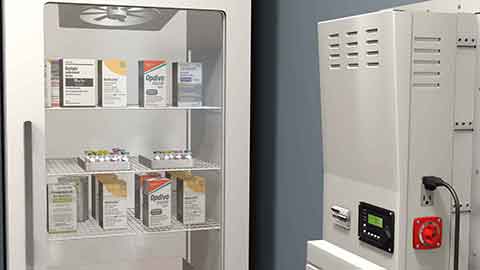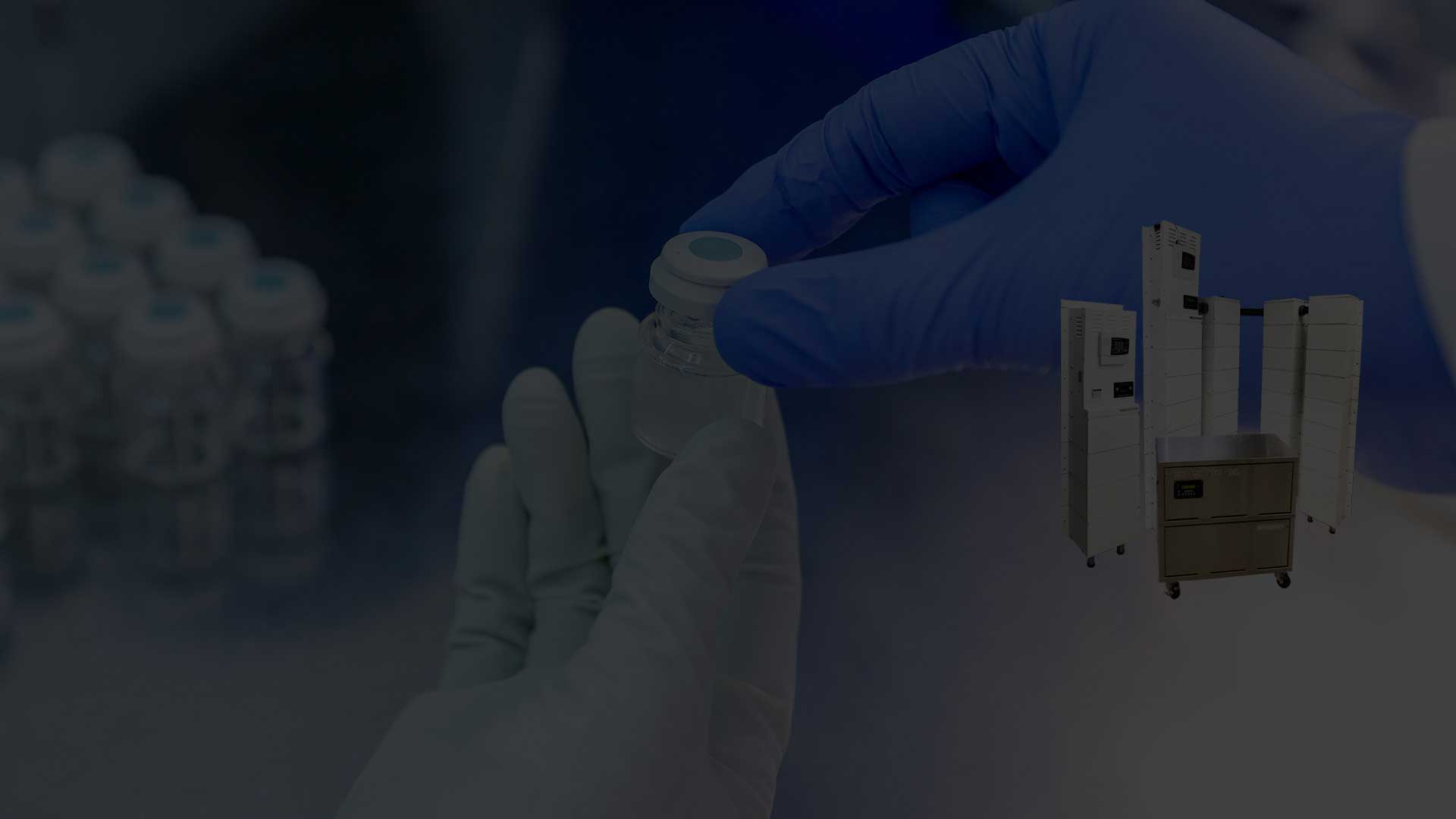Hospital Power Continuity Essentials
Explore the critical systems and strategies hospitals must implement to ensure uninterrupted power for life-saving operations.
The Importance of Reliable Backup Power in Healthcare Facilities
Healthcare facilities hold a critical responsibility to maintain uninterrupted operations, as they provide life-saving treatments and monitoring for patients. Reliable backup power systems are not just a regulatory requirement; they are a foundational aspect of healthcare services. The implications of power interruptions in a hospital setting can be dire, ranging from compromised patient care to loss of vital medical records and disruption of critical medical devices. Therefore, a robust and dependable backup power solution is imperative for the continuous operation of healthcare facilities, ensuring that patient care remains unaffected during power outages.
The reliance on technology in modern medicine further underscores the need for seamless power supply systems. From operating rooms equipped with high-tech surgical tools to intensive care units monitoring vital signs, every aspect of a hospital's operation depends on electricity. Understanding this, healthcare administrators prioritize the implementation of comprehensive backup power plans to mitigate risks and uphold the highest standards of patient safety and care.
Let Us Assist You With Your Backup Power Needs!
Request An AssessmentAssessing Hospital Power Vulnerability: Steps to Ensure Readiness
Hospitals must undertake rigorous assessments to pinpoint vulnerabilities in their power supply chain. This process begins with a thorough evaluation of the existing electrical infrastructure, identifying potential failure points, and understanding the hospital's energy consumption patterns. Essential steps in ensuring readiness include conducting a risk analysis to anticipate scenarios that could lead to power disruptions and mapping out critical systems that require uninterrupted power. By assessing both internal and external threats, ranging from equipment failure to natural disasters, hospitals can develop tailored contingency plans.
A comprehensive power vulnerability assessment also involves collaboration with utility providers, emergency management agencies, and power system experts. Engaging with these stakeholders allows hospitals to design a multifaceted approach to backup power that accounts for diverse challenges and leverages community resources. Such proactive planning is crucial for hospitals to maintain essential services and respond effectively in the event of a power outage.
Key Components of an Effective Hospital Backup Power System
An effective hospital backup power system is composed of various components that work in harmony to provide continuous power. At the core are the emergency generators, typically powered by diesel or natural gas, which are designed to activate within seconds of a power outage. Equally important are uninterruptible power supplies (UPS), which bridge the gap between a power outage and generator activation, ensuring that sensitive equipment remains operational without any interruption.
Beyond generators and UPS, an effective backup power system also includes transfer switches, which facilitate the safe and efficient transition of power sources, and fuel storage facilities to ensure an adequate supply of generator fuel. Additionally, power management systems play a crucial role in monitoring energy consumption, prioritizing critical loads, and managing the distribution of power across the facility. These components must all be integrated into a cohesive system that can be relied upon in an emergency.
Incorporating Renewable Energy Sources for Sustainable Backup Power
Incorporating renewable energy sources such as solar panels and wind turbines can enhance the sustainability and resilience of hospital backup power systems. Renewable energy can provide a reliable, clean, and cost-effective supplement to traditional backup power sources. Hospitals can benefit from reduced energy costs and a decreased environmental footprint while maintaining the reliability of their power systems.
The integration of renewable energy into backup power solutions also contributes to energy independence and can provide additional power during peak demand or when main power sources are compromised. Battery storage systems coupled with renewables can store excess energy, ensuring that hospitals have an additional layer of security in their backup power infrastructure. As technology advances, the scalability and efficiency of renewable energy solutions continue to improve, making them an increasingly viable option for healthcare facilities.
Regular Maintenance and Testing: Keeping Hospital Power Systems at Peak Performance
To ensure that backup power systems operate effectively when needed, regular maintenance and testing are paramount. Scheduled maintenance routines include inspecting, testing, and servicing all components of the backup power system, from generators to transfer switches and UPS units. This proactive approach helps identify and rectify potential issues before they escalate into critical failures.
Testing is also a critical aspect of maintenance. Hospitals must conduct regular load testing of generators and full-scale drills to simulate power outage scenarios. These exercises not only verify the functionality of the backup system but also provide valuable training to staff, ensuring they are prepared to respond efficiently during an actual power disruption. Adherence to a strict maintenance and testing schedule is essential for maintaining hospital power systems at peak performance and ensuring the safety and well-being of patients and staff.


